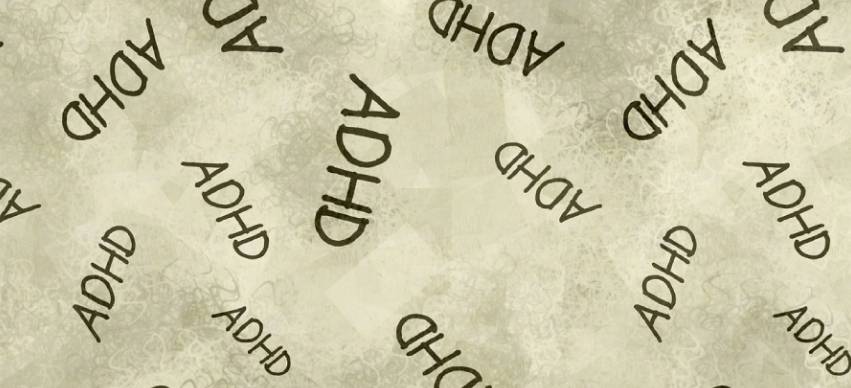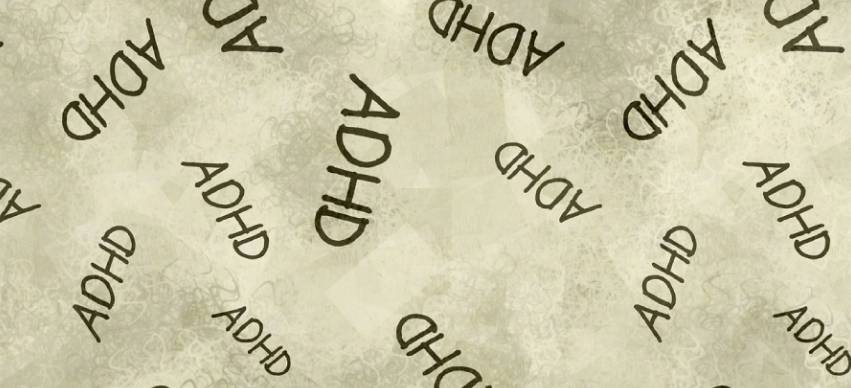How Communities Are Changing the Way We Think About Aging in..
8 Min Read


It's not easy to live a normal life with ADHD. There are so many things to think about and keep track of; it can be hard to stay organized. For people with ADHD, everyday life can be a challenge. But always remember that you're not alone. Thousands of people are struggling and managing to find ways to cope with this issue. To shed some light on the matter, we'll share some tips for living with the condition and managing it. We hope you find this information helpful.
According to the Centers for Disease Control and Prevention (CDC), Attention Deficit Hyperactivity Disorder (ADHD) is a common neurodevelopmental disorder that typically begins in childhood. Symptoms of ADHD can be difficulty paying attention, hyperactivity, and impulsivity. While there is no single reason for its occurrence, it's thought to be due to a combination of genetic and environmental factors.
There is no cure for ADHD, but some treatments can help manage symptoms. Standard treatment typically involves a combination of medication and behavioral therapy. Medication can help improve focus and concentration, while behavioral therapy can teach skills such as time management and organization. Some lifestyle changes, like maintaining a regular sleep schedule and eating a healthy diet, can also help manage symptoms of ADHD.
Living with ADHD can be challenging, but understanding the condition and knowing what treatments are available can make it easier to manage symptoms and live a productive life.
It's estimated that 4 million American adults have attention deficit hyperactivity disorder (ADHD), and many of them are living with family members or partners who also have the condition. While it can be daunting to deal with ADHD in any relationship, living with someone who has the condition can present a unique set of challenges. One of the biggest obstacles is managing medications and treatments. If one person in the relationship isn't taking their medication or receiving treatment, it can throw off the whole household. Another common challenge is dealing with impulsivity and poor decision-making. It can lead to arguments, conflict, and even financial problems.
Also, it can impact both parties' ability to communicate effectively, which can further exacerbate problems in the relationship. While living with someone who has ADHD comes with its challenges, there are also some silver linings. For example, people with ADHD tend to be creative, energetic, and spontaneous, which can add excitement and vibrancy to the relationship. With patience, understanding, and a willingness to work together, couples and families can overcome the challenges posed by ADHD.
For many people, the symptoms first appear in childhood. However, the condition can also develop later in life, and adults diagnosed with ADHD often face unique challenges. One of the most difficult aspects of living with the disease as an adult is managing time and priorities. Adults with the condition may have difficulty completing tasks or may find that they are constantly starting new projects without finishing old ones. They may also find it hard to stick to a schedule or plan ahead for upcoming deadlines.
As a result, they struggle to maintain a job or advance in their careers. Adults with ADHD may find it difficult to keep a tidy home or manage their finances. The condition can also take a toll on personal relationships, as adults with the condition may have trouble communicating clearly or following through on their commitments. However, there are many resources available to help adults with ADHD learn how to manage their symptoms and live fulfilling lives.
Medications for ADHD can be a helpful part of treatment for many people with the condition. However, as with any medication, there are also potential risks and side effects. One of the most common concerns about medication for ADHD is that it may be overused or misused. For example, some people may take higher doses than prescribed or take it more often than directed. While this can lead to dangerous side effects, remember that ADHD medications are only effective when used as directed by a doctor. Another concern is that it may have negative effects on mood or behavior.
For instance, some people may experience irritability, anxiety, or depression when taking these medications. These side effects are usually only temporary and typically go away after the body adjusts to the medication. While there are some potential risks to taking medication for ADHD, there are also many potential benefits. These medications can help improve focus, concentration, and impulse control. When used as directed by a doctor, they are generally safe and effective. So they are a vital part of treatment for many people with ADHD.
While exercise is essential to stay healthy, it can be a boon for people with ADHD. Physical activity can help improve focus and concentration and increase energy levels. Several exercises can also help reduce stress and anxiety. Studies show that people who exercise regularly have reduced symptoms of ADHD and that the effects of exercise can last for several hours after the workout is over. An exercise routine and the right medication should be followed to treat the condition, like bodybuilders combine their workouts with supplements to help muscular endurance.
One of the most important things for people with ADHD is to have someone who understands their condition and can provide emotional support. Friends and family members can be a great support, but it's also good to seek out others with ADHD. There are many online and offline communities of people with ADHD that can provide valuable understanding and encouragement. These communities can help find information about treatments and coping strategies.
Professional counselors or therapists can support people with ADHD learn how to manage their symptoms. Having someone to talk to who understands what you’re going through can make all the difference. If you or someone you know has ADHD, don’t hesitate to seek the help and support you need.